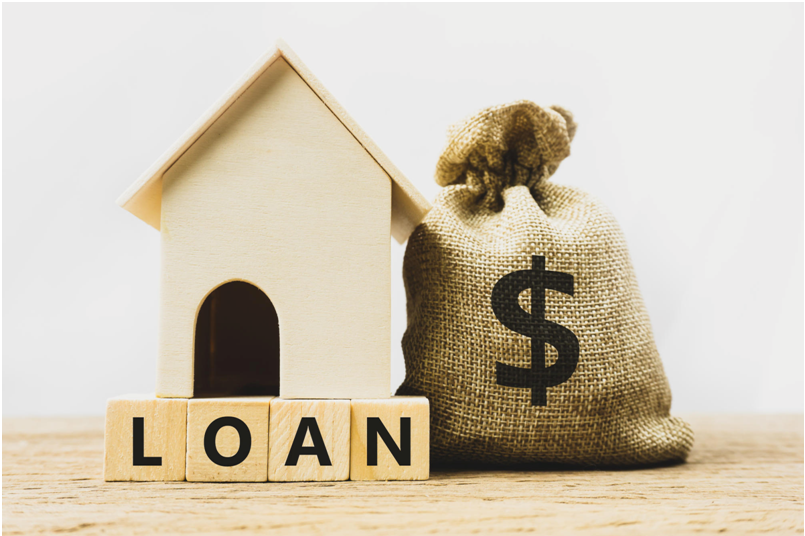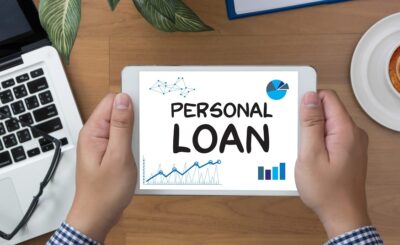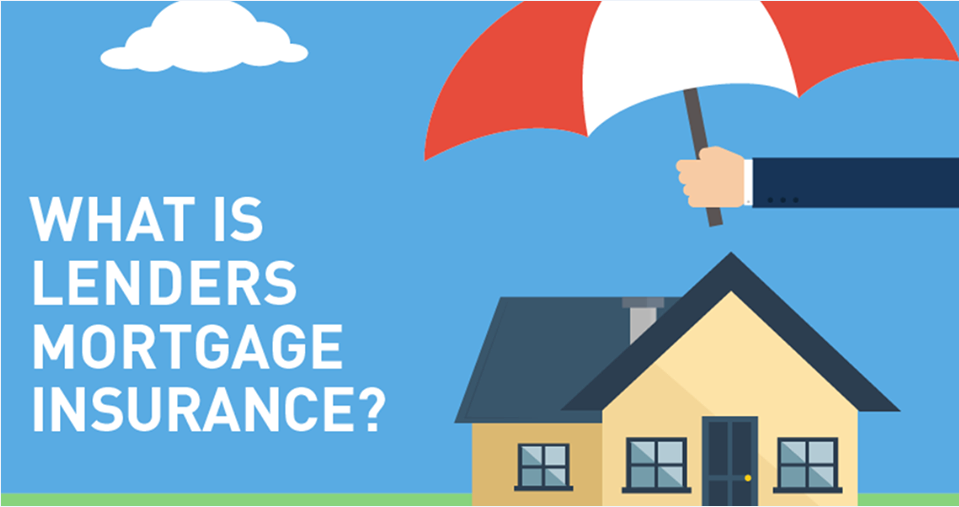Through the process of refinancing your home mortgage, you might be able to bring down both your interest rate and your regular payment amount. In addition, there is a possibility that you may be able to utilize part of the equity that has been accumulated in your house. Having said that, this is not a guarantee that you will be successful financially or that this is the best course of action for you to take.
What exactly is meant by “refinancing” a mortgage?
The process of employing a new home equity loan to replace an old home loan is referred to as refinancing the mortgage loan on your property. The purpose of your new loan – which might come from the same borrower or a different one – is to pay off the previous mortgage. When this is accomplished, the old mortgage is considered to have been fully paid, and the account can be closed. After that, you are obligated to comply with the conditions of the new mortgage loan until the old one is paid off in full.
In some respects, the process of refinancing a mortgage loan will feel very much like the original process of obtaining a mortgage loan; nonetheless, the procedure is far simpler and more expedient for the vast majority of borrowers. You will be required to submit an application and go through many same underwriting stages that you did when you initially purchased your house.
These steps include validating aspects of your financial situation such as your credit history, income, and the amount of debt you now carry. If your application is successful, the lender will present you with a variety of particular loan terms as well as repayment choices to select from.
It is important to plan your timeframe properly, since the entire process can take anything from several days to a month, based on your house, your financial status, and even the type(s) of loan(s) that are involved.
If you are thinking about refinancing your mortgage loan, there are a few things you need to keep in mind before you actually go ahead and do it.
The reasons that led you to make the choice to get a new loan
Since the process of refinancing a home loan can be an expensive one, it is crucial that you comprehend the factors that are driving you to pursue this course of action. You could, for example, be interested in receiving a reduced interest rate or monthly payment. Alternatively, you might decide to take out a cash-out refinance in order to pay off high-interest debt or to conduct some modifications to your property.
No matter what your reasons are for considering a mortgage refinancing, you need to be very certain that this is a decision that will be both financially and practically advantageous to you in the long run.
The interest rates that are now being charged on mortgages
The only time it makes financial sense to refinance your mortgage is when the new interest rate is lower than the one you are now paying. This is not true in the vast majority of situations. Before you start the application process for a new mortgage, it is a good idea to check out the most recent mortgage interest rates and see how they compare to the rate you are now paying on your present mortgage.
It is important to keep in mind that the fact that mortgage rates are now at historically low levels does not always mean that they will continue to be so low in the near future. If bringing down your interest rate and your regular payment is at the top of your list of priorities, you need to get the application process started as soon as you possibly can.
The types of pricing that are encouraged to be purchased
When comparing the interest rates of your current loan with those of the market, it is important to make sure that you are comparing rates that are comparable to one another. For example, the interest rates that are first offered on mortgages with adjustable rates are frequently lower than those that are initially offered on mortgages with fixed rates. However, after their initial specified length, they are liable to alter based on the rates of the market at that moment. This can happen at any point throughout the term of the option.
If you already have a loan that has a fixed interest rate, you should make sure that you are contrasting it with new loans that have fixed interest rates as well. This is unless switching to a loan that has an adjustable interest rate is the primary goal that you have in mind. In spite of this, switching from an adjustable rate to a fixed rate is by far the most common way that people try to get better certainty in things pertaining to their finances.
The score associated with your credit report
Although looking at rates for typical mortgages will give you an idea of whether or not you will be able to save up, the actual interest rate that you will be offered on a refinancing loan will be heavily dependent on your credit record, the amount of debt you now have, as well as your earnings. If you want to save money on your mortgage, look at rates for typical mortgages.
You may obtain a sense of your current financial situation by looking at your credit score. If it is lower than it was when you first purchased the home, you may need to take steps to boost your credit score before you take out a mortgage on the property. If this is the case, you might look into the possibility of refinancing the property.
The costs associated with the transaction’s completion
The closing costs associated with a mortgage refinancing can be anywhere from 2 percent to 6 percent of the loan principal. This can add up thousands of dollars in total costs. If you don’t have enough cash on hand to pay those closing expenses out of pocket, you could be able to roll them into the new loan instead of paying them out of your own pocket.
This is possible, of course, on the condition that the new loan continues to meet the requirement of being for no more than 80 percent of the value of the property being purchased.
If you choose to proceed in this manner, however, you should be aware that doing so would result in you being required to pay interest on those other obligations over the duration of the term of your new loan.

Mortgage insurance
It is possible that you may be compelled to pay private mortgage insurance if the percentage of the down payment that you made on the home you purchased was less than twenty percent (PMI). If you acquire a loan guaranteed by the government, you can be compelled to pay an additional type of mortgage insurance on top of the standard coverage.
Nevertheless, depending on how much the value of your home has increased and how much of the existing loan you have paid down, UtenSikkerhetrefinansiering could enable you to remove mortgage insurance from the monthly payments, thereby increasing the amount of money you save each month. This would be the case if the value of your home had increased by the same amount as the amount of your existing loan that you had paid down.
Applying
To begin the process of refinancing your home, you’ll need to look at the many options available to you. Once again, your lender will want to know the same information that you supplied them during the initial application process. They’ll look at your earnings, possessions, debt, as well as credit score to see if you’re eligible to refinance and able to repay the loan.
If you’re married and live in a state where community property applies, your lender may additionally want your spouse’s documentation. It’s possible that you’ll have to provide additional evidence of your earnings if you’re self-employed. Also, make sure you have the previous two years’ worth of tax returns on hand.
When it comes to refinancing, you don’t need to stick with your present lender. New lender pays off current debt and ends association with previous lender if you pick them. The best way to get a good deal is to shop around and see what other lenders have to offer.









